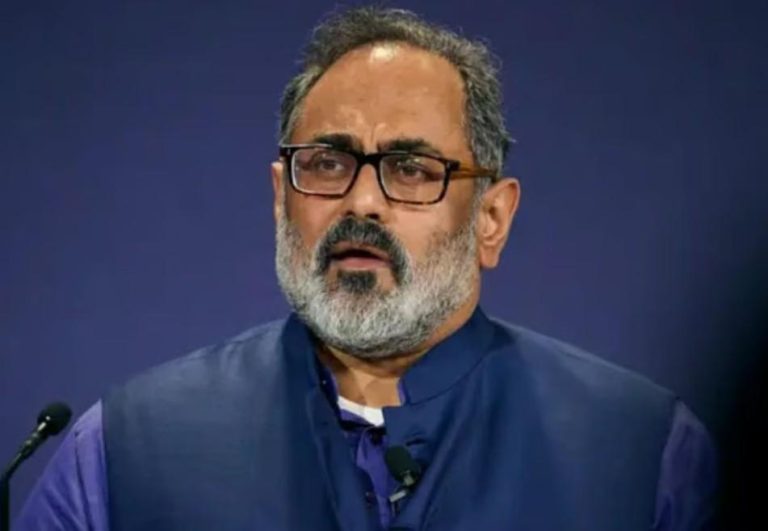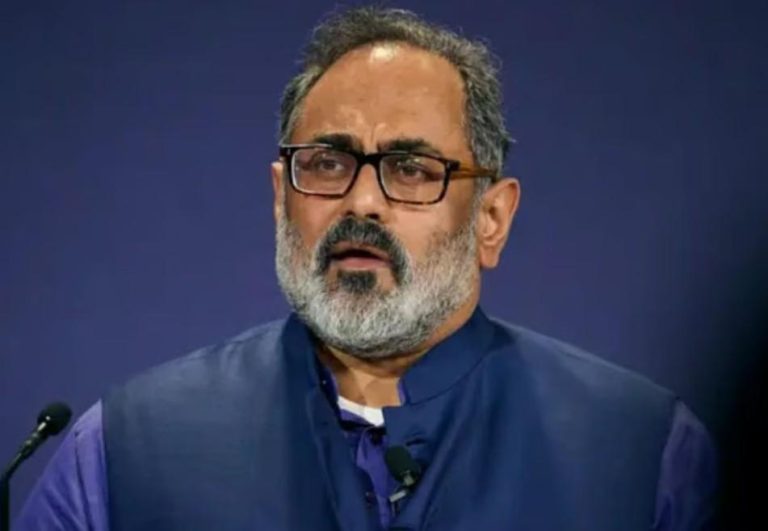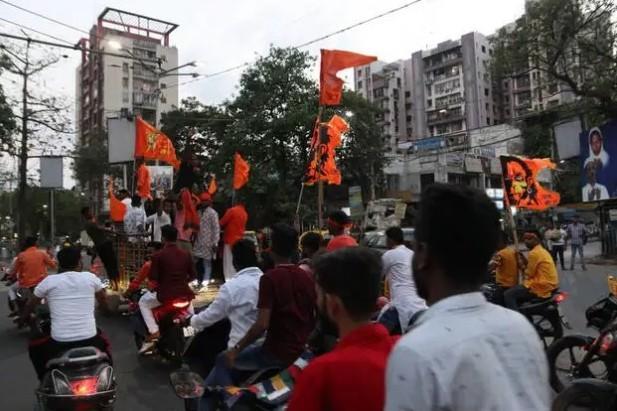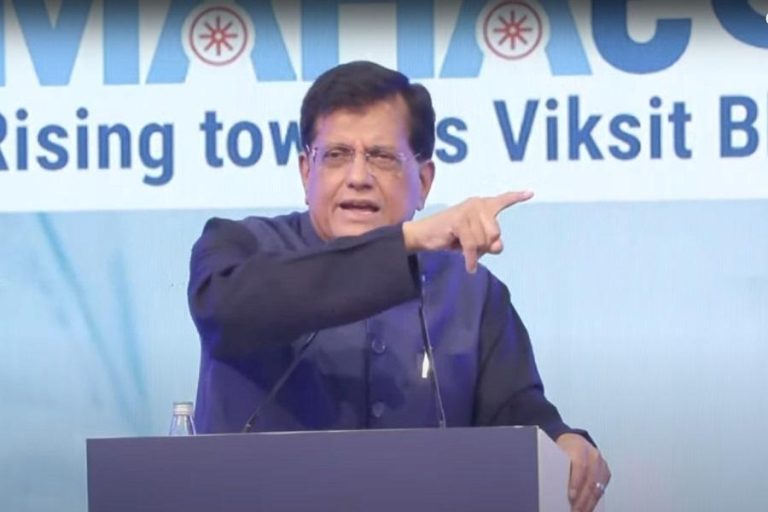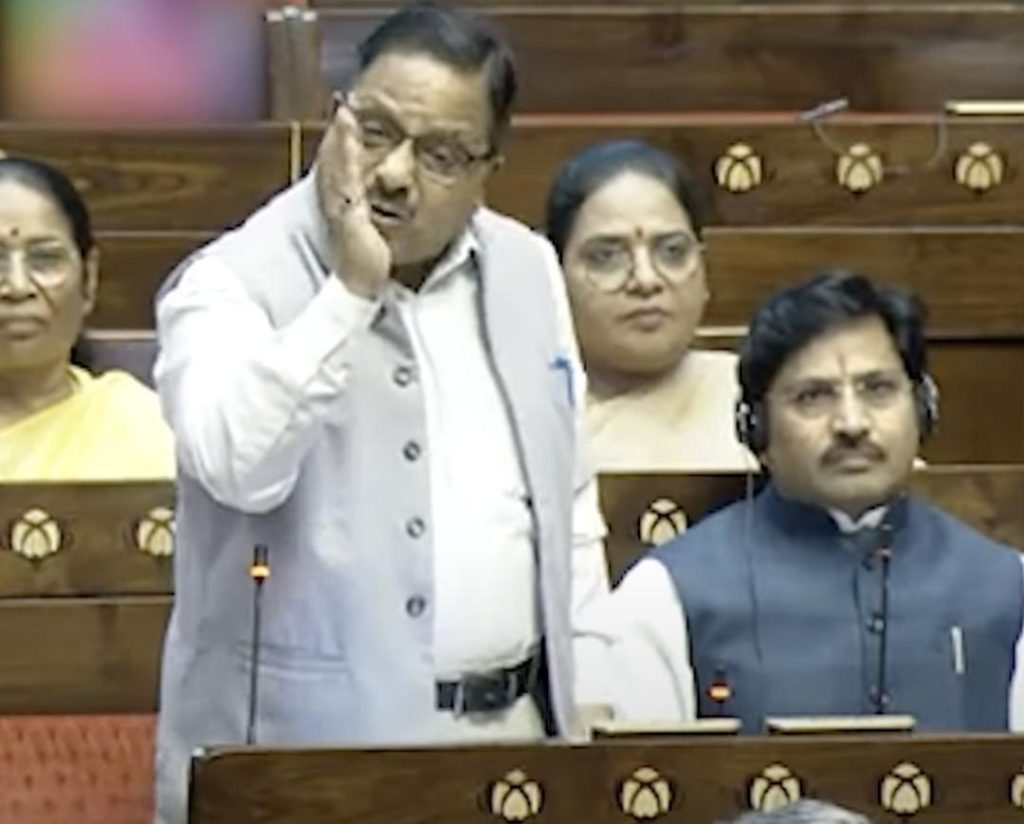
Should I Read Quran & Tell You What’s Written in It: BJP MP Radha Mohan Das on Waqf Bill
The Waqf Bill, a contentious piece of legislation aimed at streamlining the management of religious properties in India, has been making headlines lately. During the discussion on the Bill in the Parliament, a remark made by BJP MP Radha Mohan Das has sparked a heated debate. Das, known for his controversial statements, asked if he should read the Quran and share its contents with the House. The question has raised eyebrows and triggered a discussion about the role of religion in politics.
Das’s comment was in response to a statement made by a member from the opposition party, who argued that the Waqf Board, which manages religious properties, lacked transparency in its dealings. Das, defending the Waqf Board, pointed out that the Quran, the holy book of Islam, emphasizes the importance of keeping records of financial transactions. He quoted a particular verse that mandates written records for even small transactions, such as giving one rupee to someone. Das used this verse to counter the opposition’s claim that the Waqf Board had many properties without a written record.
While Das’s intention behind quoting the Quran may have been to defend the Waqf Board, his comment has been widely criticized for its implications. Many have argued that it is not the MP’s place to quote religious texts to justify political decisions. Others have pointed out that the Quran is a sacred text that should not be used to support or justify political agendas.
The controversy surrounding Das’s comment highlights the complex relationship between religion and politics in India. The country has a rich religious diversity, with many religions and denominations coexisting. While religion plays a significant role in the personal lives of many Indians, it is often a sensitive topic in political discourse.
The Waqf Bill, in particular, has been criticized for its potential to further polarize the country along religious lines. The Bill aims to bring transparency to the management of religious properties, but some have argued that it could lead to the erosion of the autonomy of religious institutions. Others have expressed concerns that the Bill could be used to target specific religious groups.
Despite the controversy, Das’s comment has also sparked a wider discussion about the importance of religious literacy in politics. Many have pointed out that politicians often use religious texts or symbols to win votes or score brownie points, without fully understanding their meaning or context. Das’s comment, in this sense, has highlighted the need for politicians to be more informed and nuanced in their approach to religion.
In a country like India, where religion plays a significant role in the lives of many people, it is essential that politicians approach religious issues with sensitivity and respect. While it is not necessary for politicians to be experts in religious texts, they should strive to understand the beliefs and values of different religious communities. This can help to build trust and foster greater understanding between different groups.
Das’s comment has also raised questions about the role of minorities in Indian politics. The Waqf Bill, which is primarily aimed at managing religious properties belonging to Muslims, has been criticized for its potential to marginalize minority communities. Das’s comment, in this sense, has highlighted the need for greater representation and participation of minority communities in the political process.
In conclusion, Das’s comment has sparked a wider discussion about the role of religion in politics and the importance of religious literacy. While the Waqf Bill is a complex issue that requires careful consideration, the controversy surrounding Das’s comment has highlighted the need for greater sensitivity and understanding in political discourse.
Source: https://www.youtube.com/watch
